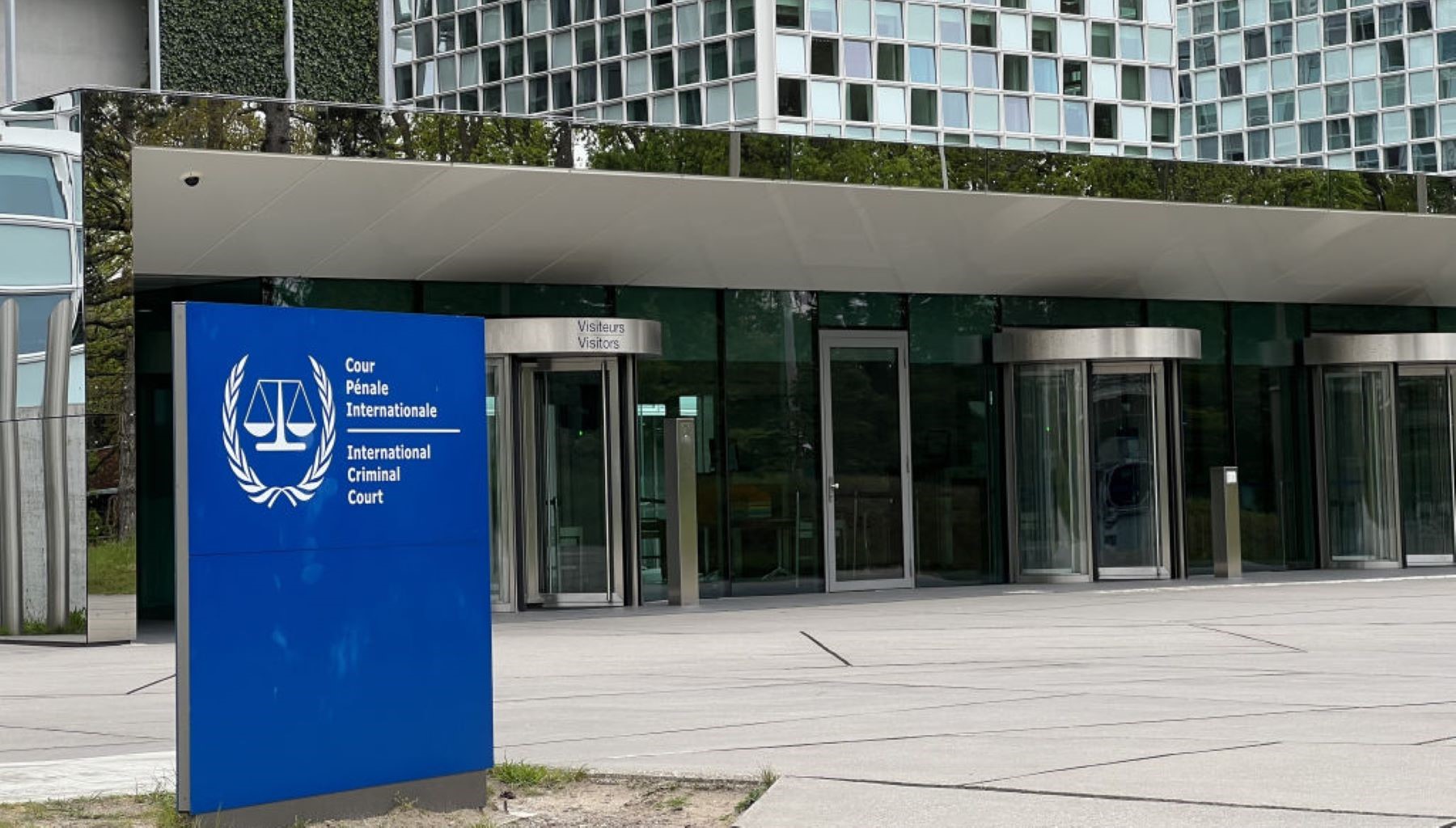Responding to the application filed yesterday by the Office of the Prosecutor of the International Criminal Court (ICC) for arrest warrants against the Taliban Supreme Leader, Haibatullah Akhundzada, and the Taliban Chief Justice, Abdul Hakim Haqqani, for their suspected responsibility for the crime against humanity of gender persecution in Afghanistan, Agnès Callamard, Secretary General at Amnesty International, said:
“The announcement by the ICC Prosecutor is an important development that gives hope, inside and outside the country to Afghan women, girls, as well as those persecuted on the basis of gender identity or expression, such as members of the LGBTQI community. This is a crucial step to hold accountable all those allegedly responsible for the gender-based deprivation of fundamental rights to education, to free movement and free expression, to private and family life, to free assembly, and to physical integrity and autonomy. Amnesty International also calls on the international community to recognize gender apartheid as a crime under international law in order to strengthen efforts to combat institutionalized regimes of systematic oppression and domination imposed on the grounds of gender.
The announcement by the ICC Prosecutor is an important development that gives hope, inside and outside the country to Afghan women, girls, as well as those persecuted on the basis of gender identity or expression, such as members of the LGBTQI community.
Agnès Callamard, Secretary General at Amnesty International
“The Prosecutor has acknowledged that the charges represent only a fraction of the victimization that has occurred all over Afghanistan for more than two years and affected much of the population. It is incumbent on the ICC and the whole international community to urgently and significantly scale-up efforts to address gender persecution and other crimes under international law committed in Afghanistan as access to justice in the country remains significantly overdue.
“We strongly urge the ICC Prosecutor to also expand his investigations in Afghanistan to include all serious violations from May 2003 onwards that amount to crimes under international law, including extrajudicial killings, torture and other ill-treatment, arbitrary arrest and detention, enforced disappearance, the massacre of civilians, and the ongoing systematic and widespread attacks against the Hazara ethnic group and religious minorities by the Islamic State of Khorasan Province.
“Amnesty International also calls on the ICC Prosecutor to reconsider his 2021 decision to deprioritize investigations into war crimes allegedly committed by the US military, CIA personnel, and other international forces who had a presence in the country, and the former government security apparatus. This decision risks contributing to perceptions of a selective approach to international justice which prioritizes the interests of powerful states and their allies over the right to justice of victims of crimes under international law.
Background to the arrest warrant application
On 23 January, the Office of the Prosecutor of the ICC issued a statement announcing the applications for arrest warrants in the situation in Afghanistan. The Prosecutor’s applications for arrest warrants will be considered by ICC Pre-Trial Chamber judges, to determine whether they establish reasonable grounds to believe that the named individuals committed the alleged crimes. The Office of the Prosecutor also stated that investigations are ongoing. This means that further applications, both for other persons and alleged crimes, could still follow.
In 2023, Amnesty International published its report, The Taliban’s war on women, on the crime against humanity of gender persecution against women and girls in Afghanistan. The 2022 report, Death in Slow Motion: Women and Girls Under Taliban Rule, also documented the Taliban’s widespread, systematic, and intentional attacks on the rights of women, together with the use of torture and other ill-treatment and enforced disappearance. The discriminatory restrictions on the rights of women and girls affect all spheres of their lives, and they are institutionalized through the Taliban’s policies, decisions, and laws.
Afghanistan had been under preliminary examination by the ICC Prosecutor from 2007 to 2017. In 2022, the Prosecutor resumed its investigation into the situation of Afghanistan after the Court concluded that there was no genuine investigation at the domestic level. In fact, since the Taliban returned to power, they have destroyed avenues for access to fair trial and abolished the constitution and laws that were in force prior to their return.
Learn more about other legal initiatives to hold the Taliban accountable
In September 2024, Australia, Canada, Germany, and the Netherlands announced during the UN General Assembly yesterday that they will initiate legal proceedings that could ultimately lead to action at the International Court of Justice against Afghanistan for numerous violations of the UN Convention on the Elimination of All Forms of Discrimination against Women (CEDAW). Read Amnesty’s reaction: Afghanistan: International legal initiative an important step toward tackling the Taliban’s war on women
Header image:Entrance to the International Criminal Court in the Hague (Getty Images)






















